17 healthy habits that are full of sh!t
Nathan Johnson
Published
06/16/2015
you may have been fooled all along
- List View
- Player View
- Grid View
Advertisement
-
1.
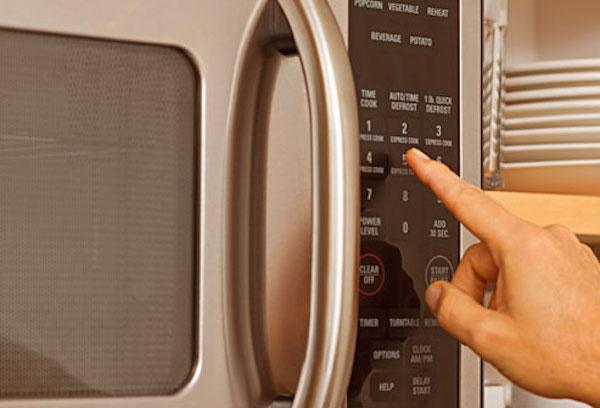 Avoiding the microwave: Microwave ovens cook food using energy waves. The waves cause the molecules in food to vibrate quickly, building up their energy as heat. Of course, some nutrients begin to disintegrate when heated, whether it’s from a microwave, a stove, or something else. But since microwave-cooking times are typically much shorter than oven-cooking times, microwaving something often does a better job of keeping its vitamins intact.
Avoiding the microwave: Microwave ovens cook food using energy waves. The waves cause the molecules in food to vibrate quickly, building up their energy as heat. Of course, some nutrients begin to disintegrate when heated, whether it’s from a microwave, a stove, or something else. But since microwave-cooking times are typically much shorter than oven-cooking times, microwaving something often does a better job of keeping its vitamins intact. -
2.
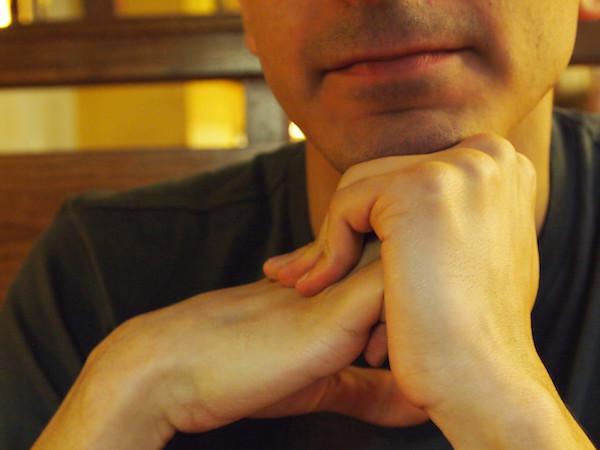 Not cracking your knuckles: Knuckle cracking might be annoying, but it’s not bad for your joints. Some suggest that it is a good indicator that the joint is well lubricated.
Not cracking your knuckles: Knuckle cracking might be annoying, but it’s not bad for your joints. Some suggest that it is a good indicator that the joint is well lubricated. -
3.
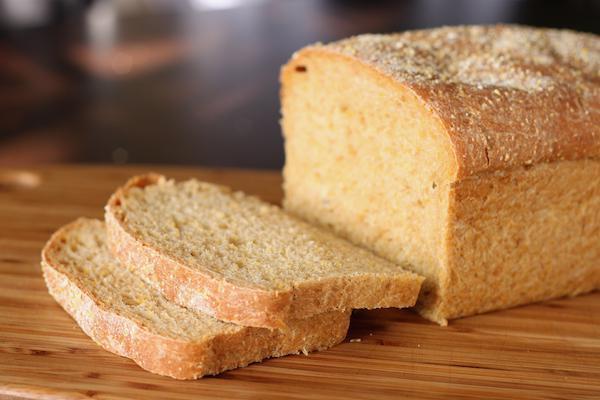 Avoiding Gluten: While 1% of Americans do suffer from celiac disease (a disease making them sensitive to gluten), gluten very likely doesn’t have a negative effect on you. Studies indicate that most people suffer from slight bloating and gas when they eat, whether they eat gluten or not.
Avoiding Gluten: While 1% of Americans do suffer from celiac disease (a disease making them sensitive to gluten), gluten very likely doesn’t have a negative effect on you. Studies indicate that most people suffer from slight bloating and gas when they eat, whether they eat gluten or not. -
4.
 Using a standing desk: A recent long-term study looking at data on nearly 4,000 US adults found no benefit in terms of overall risk of dying from standing as opposed to sitting. It does, however, help you burn more calories.
Using a standing desk: A recent long-term study looking at data on nearly 4,000 US adults found no benefit in terms of overall risk of dying from standing as opposed to sitting. It does, however, help you burn more calories. -
5.
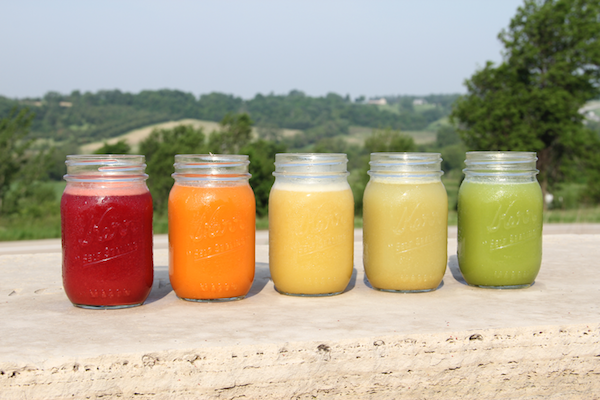 Juicing: The key ingredient in fruits and veggies is fiber, which is removed when you juice fresh produce. What you DO keep, however, is the sugar. Because of this you can be prone to constant hunger pangs, mood swings and low energy.
Juicing: The key ingredient in fruits and veggies is fiber, which is removed when you juice fresh produce. What you DO keep, however, is the sugar. Because of this you can be prone to constant hunger pangs, mood swings and low energy. -
6.
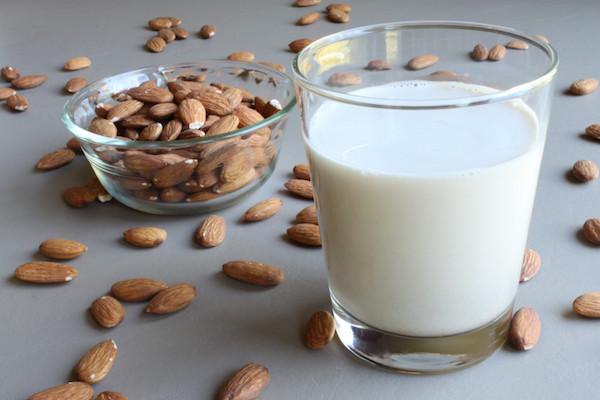 Swapping dairy for almond milk: Alternatives to dairy milk have been surging in popularity in the last few years, chief among them almond milk. Yet almond milk is practically devoid of nutrients. Almonds might be protein powerhouses, but a typical glass of almond milk is just about 2% of your daily value of protein. That’s it. If you’re looking to be healthy, try switching to skim or low-fat milk.
Swapping dairy for almond milk: Alternatives to dairy milk have been surging in popularity in the last few years, chief among them almond milk. Yet almond milk is practically devoid of nutrients. Almonds might be protein powerhouses, but a typical glass of almond milk is just about 2% of your daily value of protein. That’s it. If you’re looking to be healthy, try switching to skim or low-fat milk. -
7.
 Ear candling: People who do it say it’s helpful for relieving earwax and treating some infections. However, research is showing that ear candling is ineffective at removing earwax and is also not an effective treatment for any other conditions. Plus, the practice can end up pushing earwax deeper into your ear.
Ear candling: People who do it say it’s helpful for relieving earwax and treating some infections. However, research is showing that ear candling is ineffective at removing earwax and is also not an effective treatment for any other conditions. Plus, the practice can end up pushing earwax deeper into your ear. -
8.
 Eating egg whites instead of whole eggs: A growing body of research shows that for the vast majority of people, dietary cholesterol (from foods you eat) doesn’t really have much of an effect on your blood cholesterol. So unless you have high cholesterol, ditch those nasty egg-white-only alternatives for the real deal.
Eating egg whites instead of whole eggs: A growing body of research shows that for the vast majority of people, dietary cholesterol (from foods you eat) doesn’t really have much of an effect on your blood cholesterol. So unless you have high cholesterol, ditch those nasty egg-white-only alternatives for the real deal. -
9.
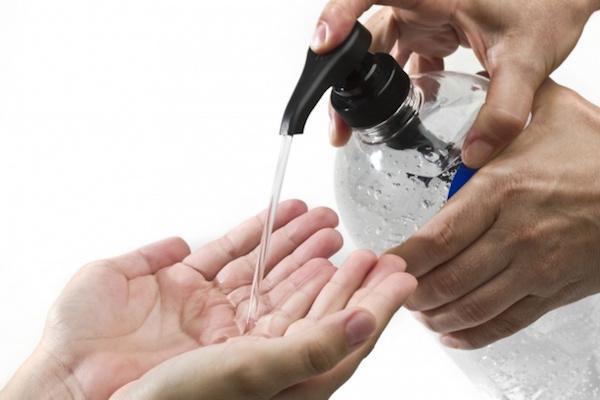 Using copious amounts of hand sanitizer: If you wash your hands regularly throughout the day, hand sanitizer is almost entirely unnecessary. Plus, it can’t kill all the germs that plain old soap and water can. Norovirus and C. difficile, for example, are immune to sanitizing gels.
Using copious amounts of hand sanitizer: If you wash your hands regularly throughout the day, hand sanitizer is almost entirely unnecessary. Plus, it can’t kill all the germs that plain old soap and water can. Norovirus and C. difficile, for example, are immune to sanitizing gels. -
10.
 Holding your breath after someone sneezes or coughs: Being that bacteria is shot out anywhere from 50-200 MPH while coughing or sneezing, covering your mouth isn’t going to do much to prevent it from landing on your mouth, nose or eyes.
Holding your breath after someone sneezes or coughs: Being that bacteria is shot out anywhere from 50-200 MPH while coughing or sneezing, covering your mouth isn’t going to do much to prevent it from landing on your mouth, nose or eyes. -
11.
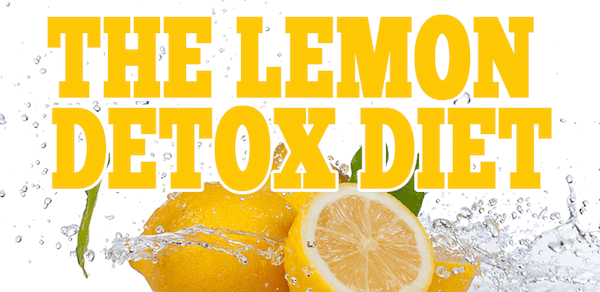 Detox Diets: Unless you’ve been poisoned, you already have a super-efficient system for filtering out most of the harmful substances you eat. It’s made up of two toxin-bashing organs: the liver and the kidneys. While our kidneys filter our blood and remove any waste from our diet, our livers process medications and detoxify any chemicals we ingest. Paired together, these organs make our bodies natural cleansing powerhouses.
Detox Diets: Unless you’ve been poisoned, you already have a super-efficient system for filtering out most of the harmful substances you eat. It’s made up of two toxin-bashing organs: the liver and the kidneys. While our kidneys filter our blood and remove any waste from our diet, our livers process medications and detoxify any chemicals we ingest. Paired together, these organs make our bodies natural cleansing powerhouses. -
12.
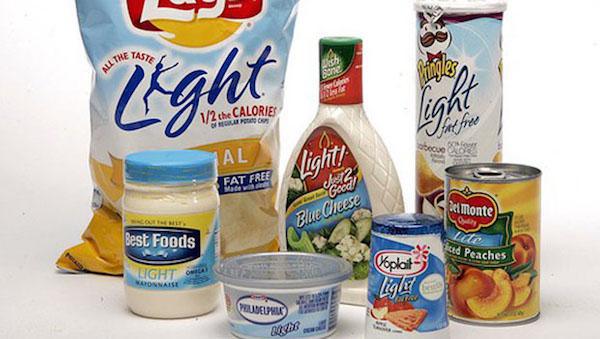 Eating only low-fat foods: An eight-year trial involving almost 50,000 women, roughly half of whom went on a low-fat diet, found that those on the low-fat plan didn’t lower their risk of breast cancer, colorectal cancer, or heart disease. Plus, they didn’t lose much weight, if any. New recommendations show that healthy fats, like those from nuts, fish, and avocados, are actually good for you in moderation.
Eating only low-fat foods: An eight-year trial involving almost 50,000 women, roughly half of whom went on a low-fat diet, found that those on the low-fat plan didn’t lower their risk of breast cancer, colorectal cancer, or heart disease. Plus, they didn’t lose much weight, if any. New recommendations show that healthy fats, like those from nuts, fish, and avocados, are actually good for you in moderation. -
13.
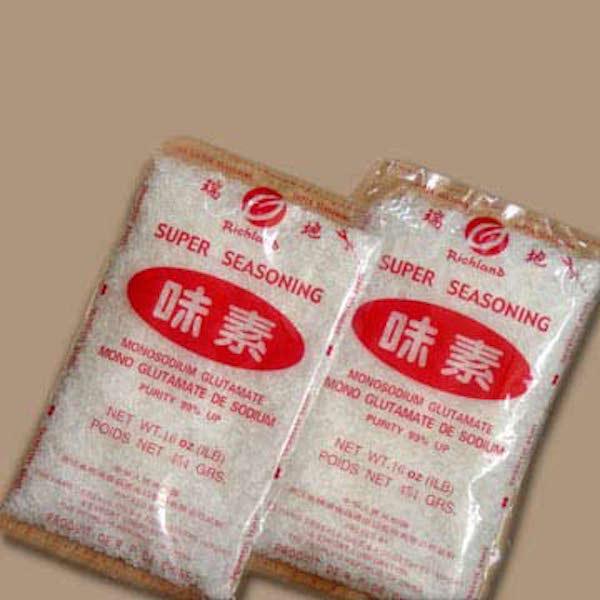 Avoiding MSG: Monosodium glutamate is an ingredient added to many foods to enhance their flavor, and is often associated with a series of symptoms, from numbness at the base of the neck to a general sense of fatigue. It’s completely safe to eat however, and the symptoms are likely from eating too much Chinese food.
Avoiding MSG: Monosodium glutamate is an ingredient added to many foods to enhance their flavor, and is often associated with a series of symptoms, from numbness at the base of the neck to a general sense of fatigue. It’s completely safe to eat however, and the symptoms are likely from eating too much Chinese food. -
14.
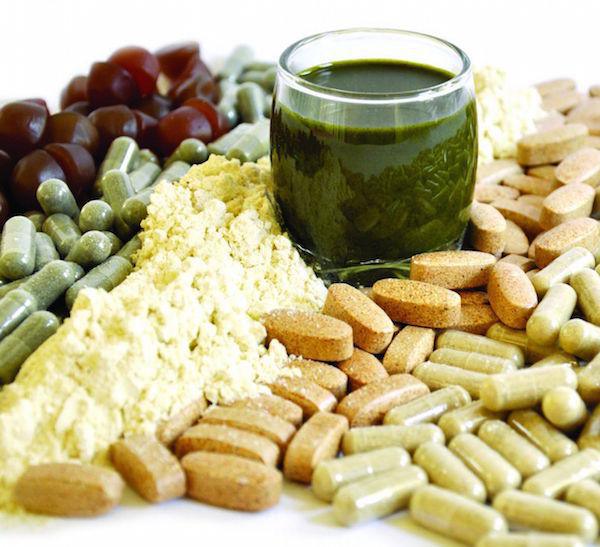 Taking a ton of multivitamins: Close to half of American adults take vitamins every day. Yet decades’ worth of research hasn’t found any justification for our pill-popping habit. That isn’t to say we don’t need vitamins to survive — without vitamins like A, C, and E, for example, we have a hard time turning food into energy and can develop conditions like rickets or scurvy. However, most people get more than enough of these vitamins through their daily food intake.
Taking a ton of multivitamins: Close to half of American adults take vitamins every day. Yet decades’ worth of research hasn’t found any justification for our pill-popping habit. That isn’t to say we don’t need vitamins to survive — without vitamins like A, C, and E, for example, we have a hard time turning food into energy and can develop conditions like rickets or scurvy. However, most people get more than enough of these vitamins through their daily food intake. -
15.
 Using toilet seat liners: Most viruses are very fragile, meaning they don’t survive very well outside of a warm human body. By the time you sit down on a public toilet seat — even if it was recently shared by someone else — most harmful pathogens likely wouldn’t be able to infect you.
Using toilet seat liners: Most viruses are very fragile, meaning they don’t survive very well outside of a warm human body. By the time you sit down on a public toilet seat — even if it was recently shared by someone else — most harmful pathogens likely wouldn’t be able to infect you. -
16.
 Ingesting tons of Vitamin C: While a little extra vitamin C can boost an underperforming immune system, taking too much will make you sick. The upper limit for an adult is 2,000 milligrams a day. Any more than that will likely cause diarrhea, nausea, vomiting, heartburn, headaches, and other side effects.
Ingesting tons of Vitamin C: While a little extra vitamin C can boost an underperforming immune system, taking too much will make you sick. The upper limit for an adult is 2,000 milligrams a day. Any more than that will likely cause diarrhea, nausea, vomiting, heartburn, headaches, and other side effects. -
17.
 Using a recumbent bike instead of a regular one: Unless you have a specific injury, these bikes are wholly unnecessary.
Using a recumbent bike instead of a regular one: Unless you have a specific injury, these bikes are wholly unnecessary.
- NEXT GALLERY
-

- 22 "Well No Sh*t" Momments
Avoiding the microwave: Microwave ovens cook food using energy waves. The waves cause the molecules in food to vibrate quickly, building up their energy as heat. Of course, some nutrients begin to disintegrate when heated, whether it’s from a microwave, a stove, or something else. But since microwave-cooking times are typically much shorter than oven-cooking times, microwaving something often does a better job of keeping its vitamins intact.
17/17
1/17


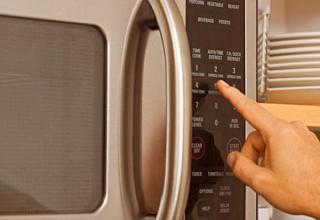





0 Comments